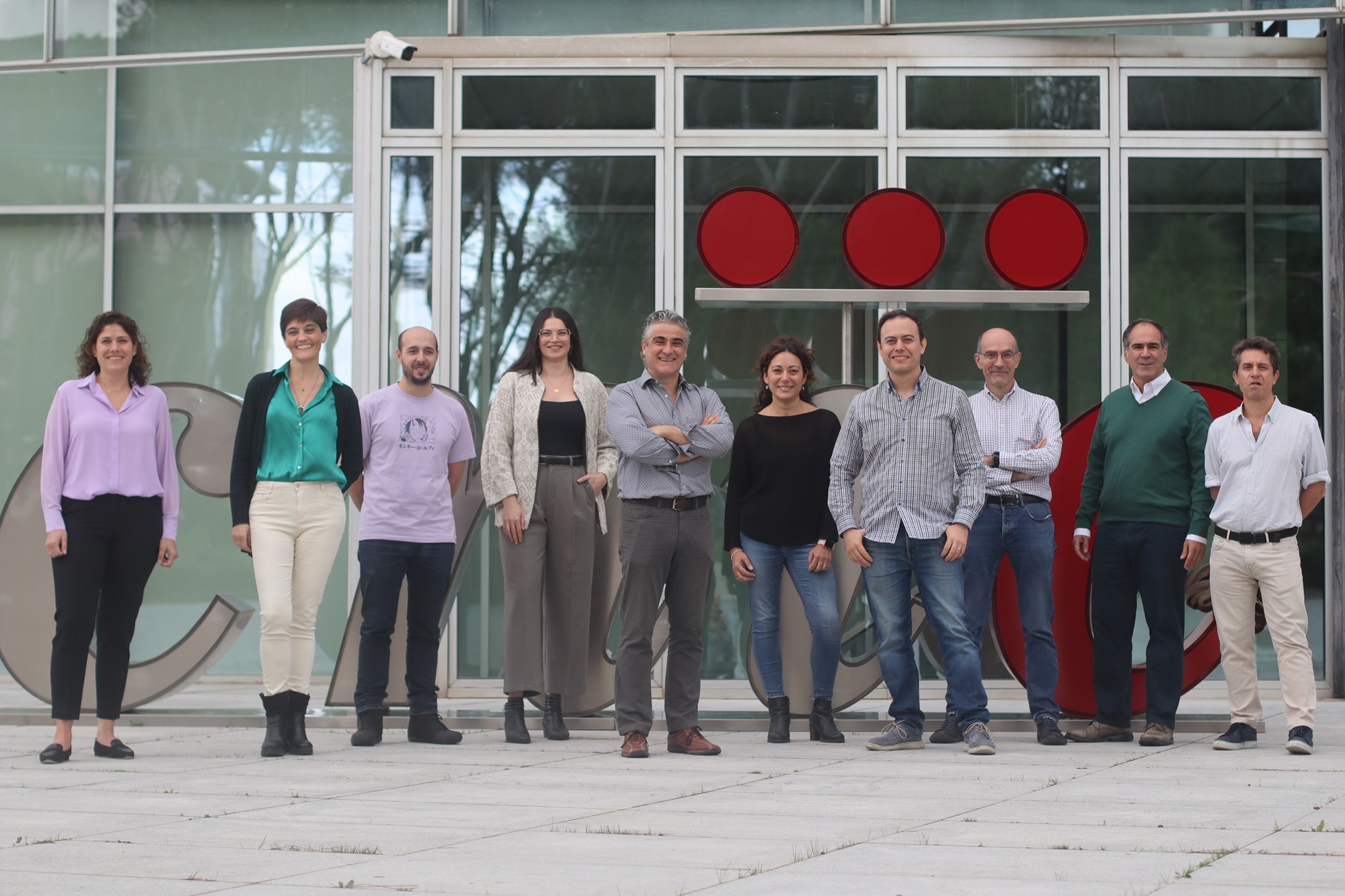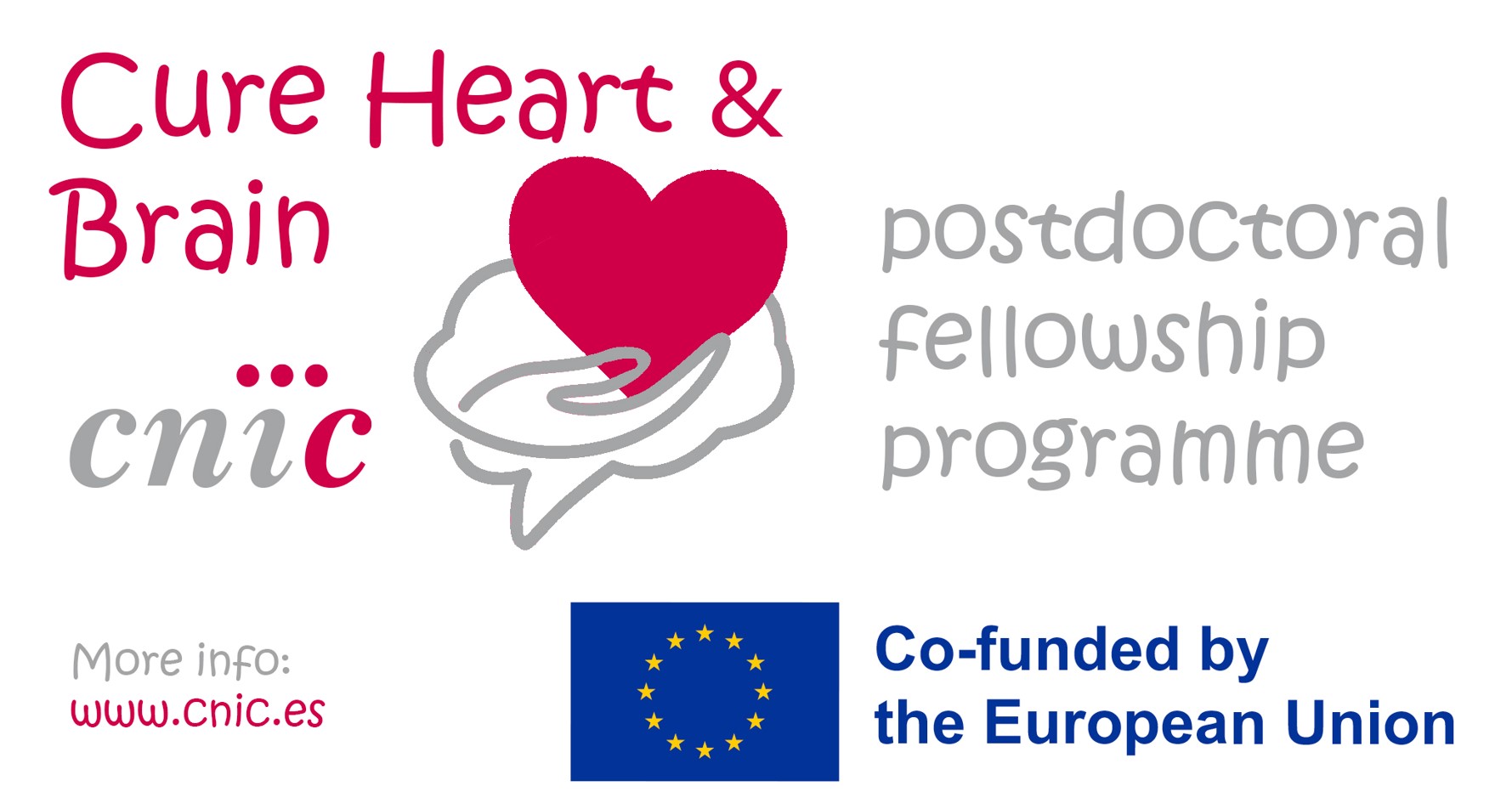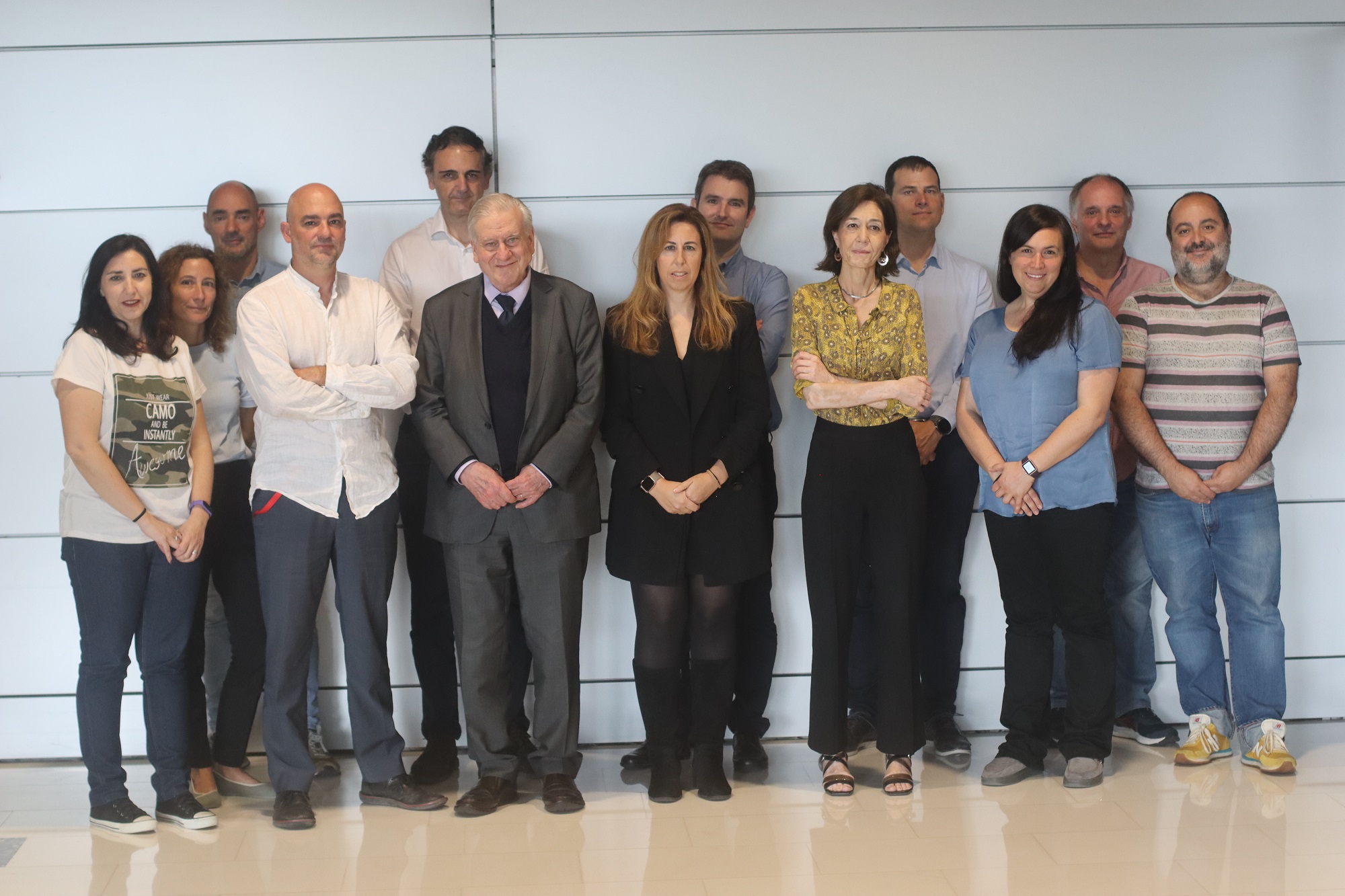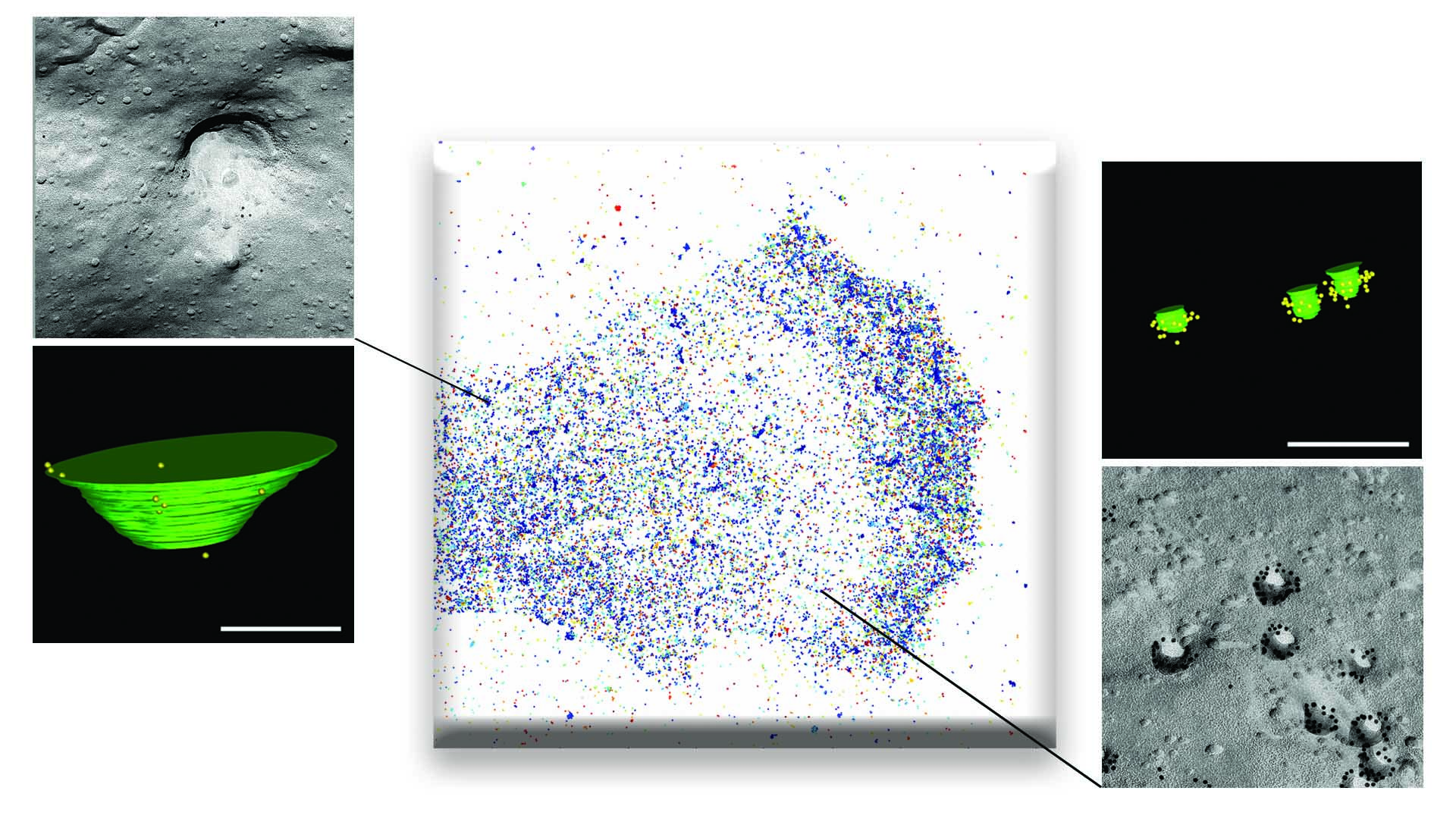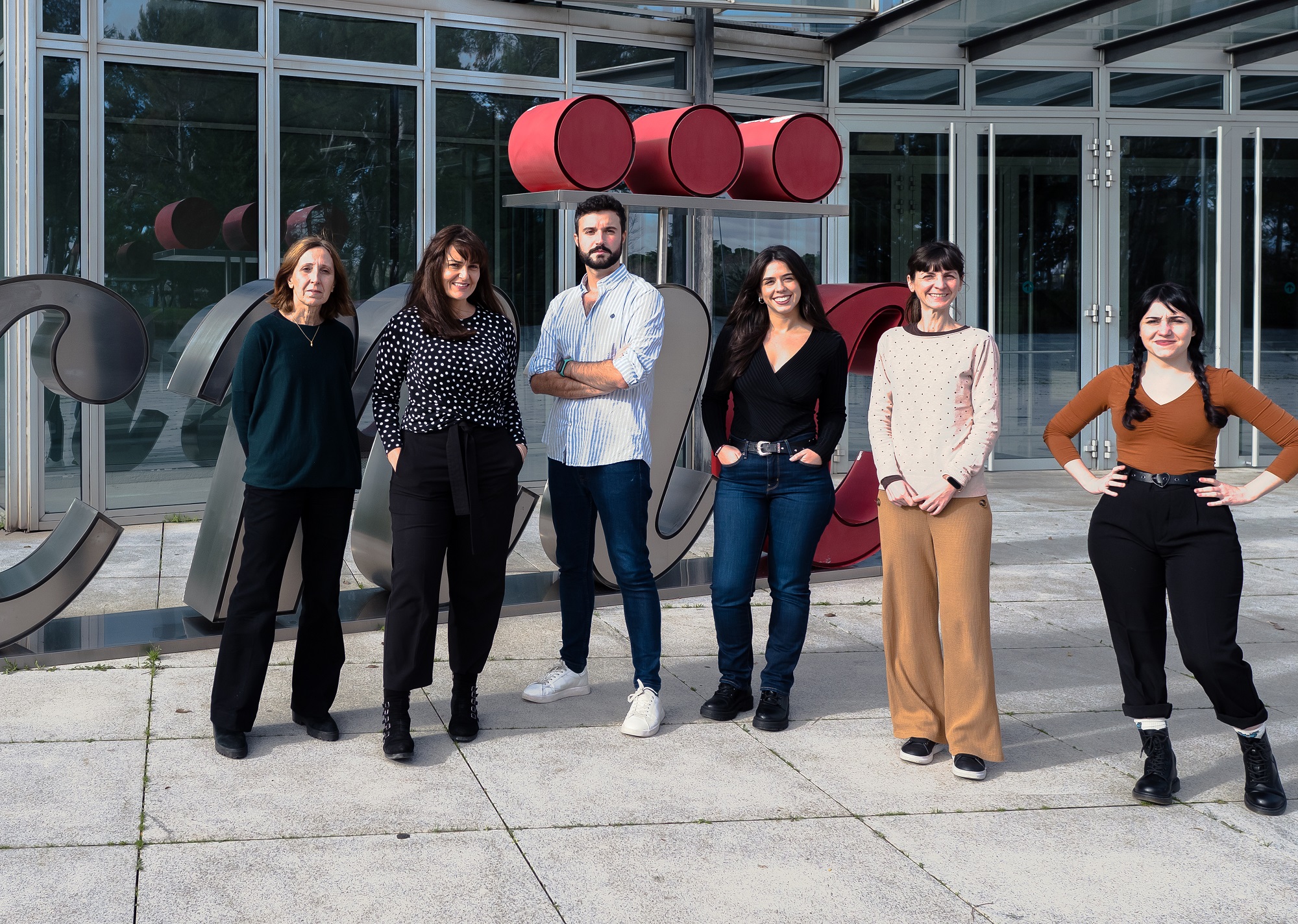News search
|
Research 23 Oct 2023 This disease, which can trigger sudden death in elite athletes, is caused by genetic mutations that affect proteins responsible for connecting and coordinating the muscle cells (myocytes) in the myocardium the heart’s muscular wall |
|
About the CNIC 24 Sep 2023 |
|
Research 21 Jun 2023 A new CNIC study shows that low-grade systemic inflammation triggered by subcinical atherosclerosis accelerates epigenetic aging in otherwise healthy young individuals |
|
Research 16 Jan 2023 Nature Cardiovascular Research: The 'guardian of the genome' protects against cardiovascular disease A CNIC study extends the understanding of how acquired mutations in blood cells act as a new cardiovascular risk factor |
|
Research 23 Dec 2022 A study published in Nature Cell Biology confirms that caveolae are essential for the mechanical responses of tissues subject to large mechanical forces (such as muscle, heart, blood vessels, and fat), whereas larger membrane depressions (termed 'dolines') are important for the response to weak or medium-strength forces |
|
Research 19 Dec 2022 The finding provides a basis for mitigating the loss of muscle regenerative capacity in elderly people and for improving muscle repair in young healthy people |
|
Research 15 Dec 2022 A CNIC team has shown that the retinoid and unsaturated fatty acid sensor RXR is a key protein in the maintenance of a balanced production of the different types of blood cells |
|
Research 13 Dec 2022 A new study published in eLife shows that small cups or nanofolds on the cell membrane called caveolae, by limiting abrupt changes in membrane tension, regulate the number and activity of mechanical microsensors on the cell surface called integrins |
|
Research 29 Nov 2022 The experimental study, led by researchers at the CNIC, shows that boosting the expression of this adrenalin receptor in heart cells improves mitochondrial function in the heart |
- ‹ previous
- 2 of 10
- next ›
